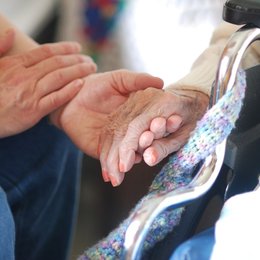
Social workers in integrated care beyond primary care: a scoping review
Social workers are key members of integrated care (IC) teams, yet there is limited research on the presence and roles of social workers on IC teams. Research literature from 2014 to 2021 was identified using the following search engines: Academic Search Complete, PsycINFO, CINAHL Plus, SocINDEX and MEDLINE. An exploratory search was conducted in January 2021 and an updated search was conducted in August 2021. This search resulted in 802 references, 50 of which met criteria for full-text review. Nine articles were identified through supplemental searching. 20 articles were included in the final review. Of the 20 studies included, most were randomized control trials (45%; n = 9). Studies varied across settings including specialty care (40%; n = 8), community-based practices (35%; n = 7), and primary care (25%; n = 5). Social workers engaged in a variety of roles including behavioral interventions, care coordination, and intake assessment. Social workers are engaged in IC in a variety of roles across healthcare settings. Findings suggest that patients' mental health outcomes improve in IC settings which include social workers. Future research is needed to isolate the impact that social workers have in IC. Social workers are key members of integrated care teams, yet there is a need to explore their roles on these teams. Using a methodological approach, research literature from 2014 to 2021 was explored to establish the roles, responsibilities, and settings of social workers on integrated care teams. Of the 20 articles included in the review, social workers held various roles including intake assessment, care coordination, and behavioral interventions, such as psychotherapy or cognitive behavioral therapy. Findings suggest that social workers are on integrated care teams in a variety of roles across various healthcare settings and that patients' mental health outcomes improve in integrated care settings that include social workers.